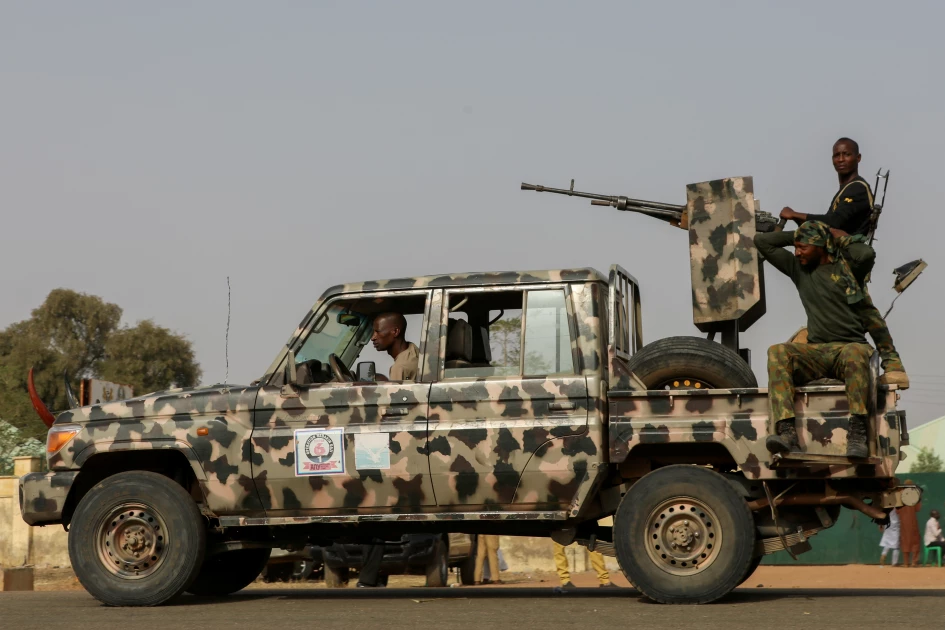At least 17 Muslim worshippers were killed in a brutal attack on a mosque in Katsina State, north-west Nigeria, in what authorities described as a retaliatory strike by armed bandits.
The assault occurred early Tuesday in Unguwan Mantau village, where dozens had gathered for morning prayers. According to Katsina State’s Commissioner for Internal Security, Nasir Muazu, gunmen stormed the mosque and opened fire indiscriminately, leaving worshippers dead and several others wounded.
Authorities say the attack was carried out in reprisal after local residents ambushed and killed several bandits days earlier. “They shot sporadically during prayers. Sadly, many innocent lives were lost,” Muazu confirmed, adding that police and military personnel had been deployed to track down the perpetrators.
The violence underscores the persistent insecurity plaguing Nigeria’s north-west, where armed gangs locally referred to as bandits—terrorize rural communities through kidnappings, killings, and extortion. Katsina and neighbouring Zamfara states have been among the hardest hit, with thousands displaced and entire villages living in fear of further assaults.
Despite increased military presence, the gangs continue to operate with impunity, often crossing porous borders with Niger to evade capture. Just days earlier in Zamfara, at least 35 people were killed after being abducted, despite ransom payments made for their release, highlighting the deepening crisis.
In Unguwan Mantau, grief-stricken families have begun mourning their loved ones, observing traditional condolence rituals outside their homes. Survivors tended to the wounded while community members gathered in shock at the scale of the massacre.
Prominent Islamic cleric and former communications minister, Ali Isa Pantami, condemned the killings in a statement posted on social media. “The killers of defenceless people are heartless, malevolent, and worse than animals,” he wrote, urging authorities to swiftly apprehend those responsible.
The Katsina government reiterated its commitment to supporting community-based security initiatives but acknowledged the challenges posed by the armed groups. As investigations continue, residents remain on edge, fearing further reprisals in the cycle of violence that has gripped the region

